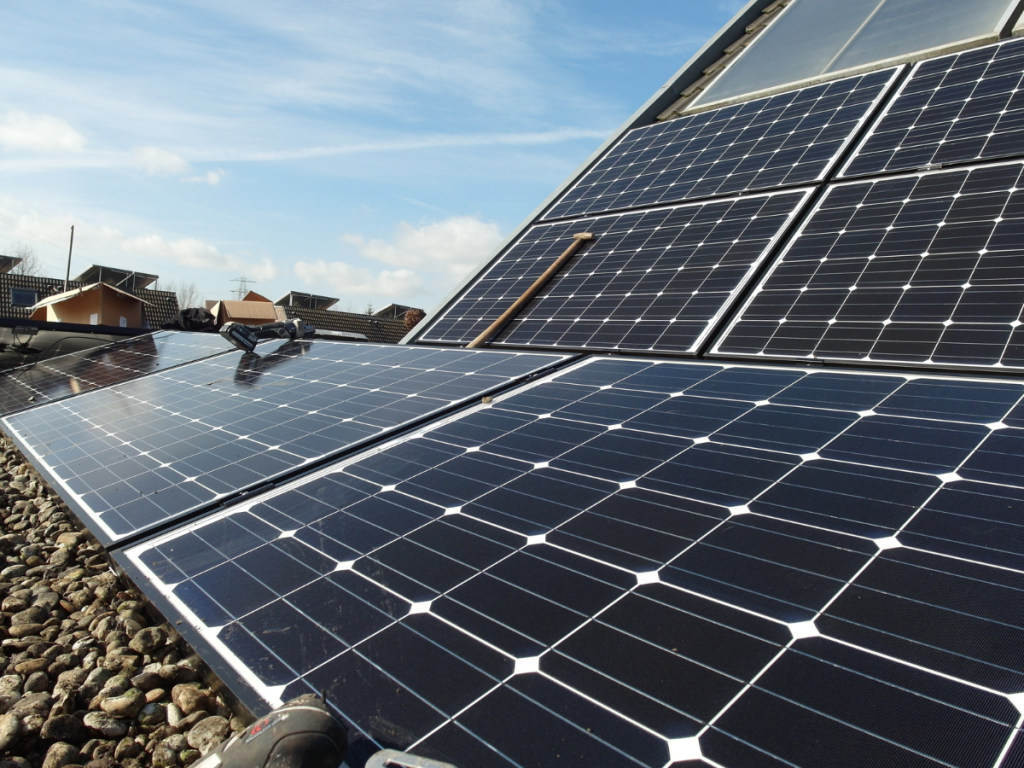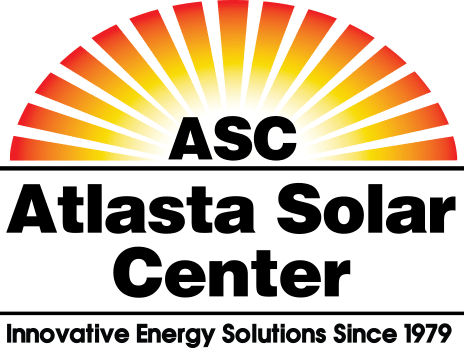Solar panels are a great way to reduce your carbon footprint and save money on your energy bill. But how long do they last? What happens when they need to be replaced? This post will explain how solar panels work and how long they typically last. We’ll also help you understand what to expect when it’s time for a new set of solar panels. This post also helps answer the question of whether or not solar panels are ultimately “worth it.”
Whether you’re just starting with solar or considering replacing your old panels, read on for everything you need to know!

Solar Panel Lifespan
The average lifespan of a solar panel is 25 years. However, this number needs to be more accurate because it doesn’t consider the declining output of an older solar panel. A solar panel’s production declines gradually over time as the panel becomes less efficient at converting sunlight into electricity.
By the 25-year mark, a solar panel will have lost about 20% of its original output.
However, your solar panels will continue working after 25 years.
They’ll still be able to generate electricity but at a reduced rate. If you’re planning on staying in your home for the long haul, then you don’t need to worry about this decline in output because your panels will still be generating plenty of electricity by the time you need to replace them. In fact, if you live in a sunny area and your roof gets good sun exposure, your panels could last even longer than 25 years.
If you’re thinking about going solar, keep in mind that your panels will slowly reduce output, however, solar is still an excellent investment for your home.
Factors That Affect Solar Panel Lifespan
Although solar panels have a lengthy lifespan, many outside forces can still affect them. In the following section, we will list all the primary factors and how you can help prevent them from damaging your solar panels.
Location
One of the primary factors that affect solar panel lifespan is location. If your panels are constantly exposed to direct sunlight, they will age more quickly than in a shaded area. Additionally, your panels will degrade more quickly if you live in an area with high humidity or salty air, like near the ocean.
The good news is that there are some simple steps you can take to prolong the life of your solar panels. For example, you can install a shading device over your panels to protect them from the sun’s harsh rays. You can also clean your panels regularly to remove any build-up of dirt or debris. You can enjoy many years of efficient, renewable energy by taking good care of your solar panels.
Quality of The Panels
As we said, solar panels are a great way to reduce your carbon footprint and save money on your energy bill. But with so many brands and models on the market, it can take time to decide which one to choose. When it comes to solar, you get what you pay for.
The cheaper panels may save you money upfront, but they will need to be replaced more often, ultimately costing you more in the long run. You also won’t get as much power from cheaper panels, so it’s essential to factor that into your decision.
Do your research and buy from a reputable company — it will be worth it in the end.
Weather
Another factor that affects the lifespan of solar panels is the weather. Those who live in areas with more severe weather conditions, such as high winds, hurricanes, and hailstorms, may find that their panels don’t last as long as those in more moderate climates.
This is because high winds can damage panels and hail can shatter them.
However, you can take some steps to help prolong the life of your solar panels, even in harsher climates. For example, you can invest in impact-resistant panels or install panel covers to protect them from the elements.
Panel Maintenance
Finally, the way you maintain your panels can also affect their lifespan. It’s essential to keep your panels clean to operate at peak efficiency.
Dirt, dust, and debris can build up on your panels and block sunlight from reaching the cells, which reduces the amount of electricity they produce. It’s best to have a qualified professional regularly inspect your panels to ensure they’re in good working condition.
With just a little care, your solar panels will provide years of clean, renewable energy for your home or business.

What Happens When My Solar Panels Get Replaced?
Let’s say the 25-year mark has passed for your panels. What happens? There are a few things to expect.
Your solar company will likely take care of the replacement if you have a warranty. If you own your solar panels, then it depends on the manufacturer’s warranty. Most panels come with a 25-year warranty, so you should be able to get them replaced at no cost (or a small fee) during that period.
After the warranty expires, it’ll be up to you to replace them. The good news is that solar panel technology has improved significantly in recent years, so you can expect to get more efficient panels for the same price as your old ones.
Consider upgrading to newer panels with a more extended warranty.
Final Thoughts
Clean energy is a great way to reduce your carbon footprint and save on energy costs, but it’s essential to keep in mind the lifespan of your equipment and how that will affect your overall return on investment.
It’s crucial to partner with an experienced and reliable solar energy solutions provider who can help you get the most out of your solar panel installation. Doing so may increase the lifespan of your equipment.
Contact Atlasta Solar Center for high-quality solar panels and expert advice on getting the most out of your renewable energy source.
